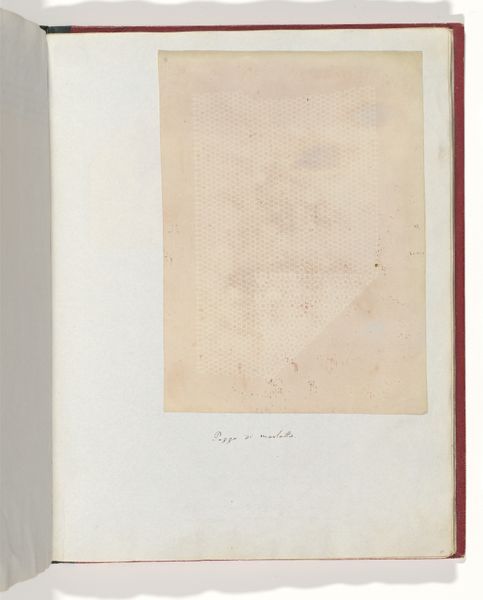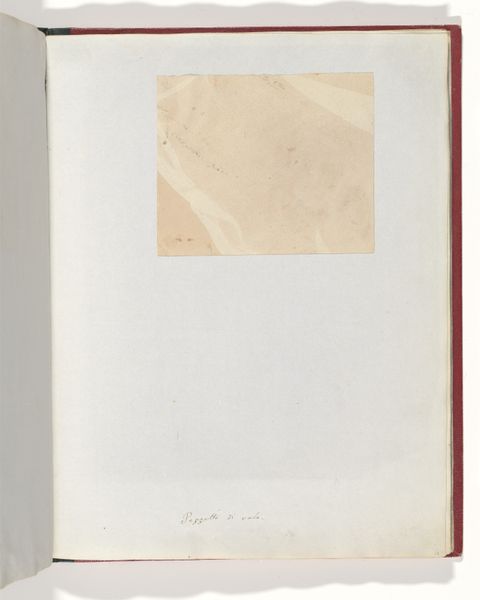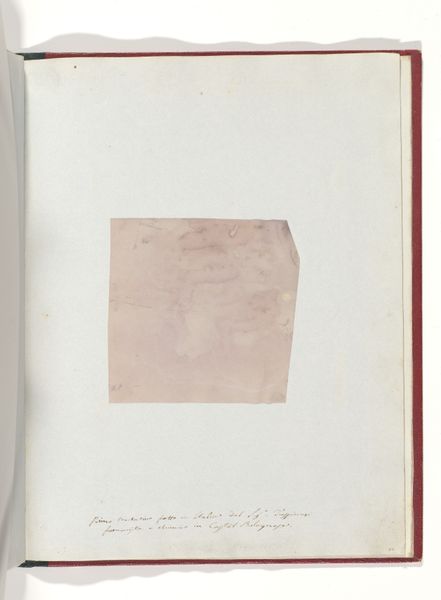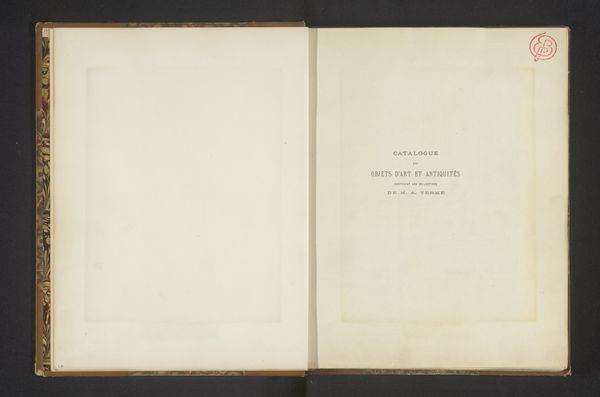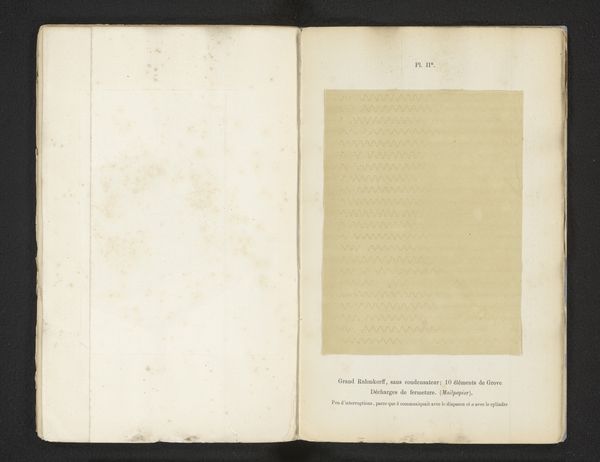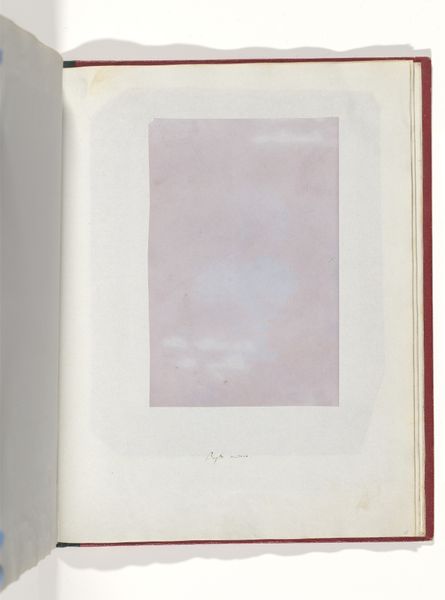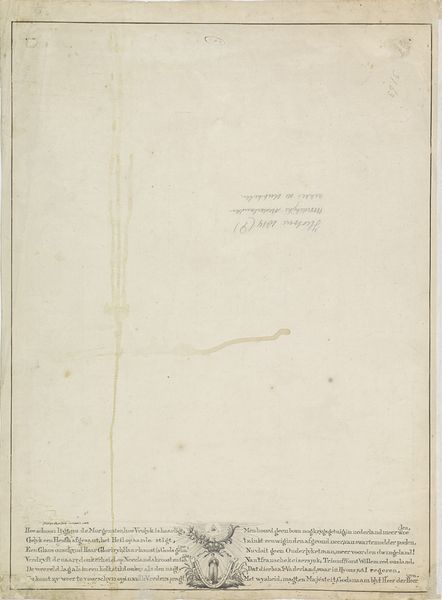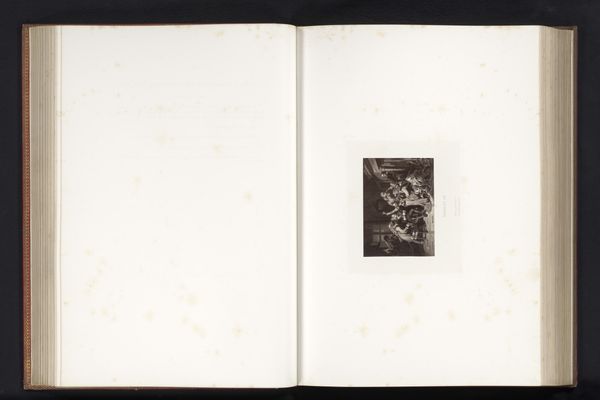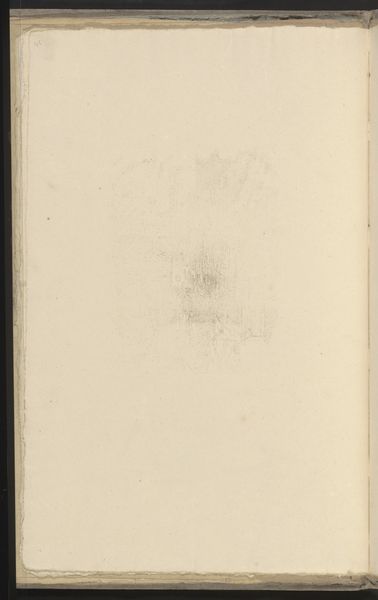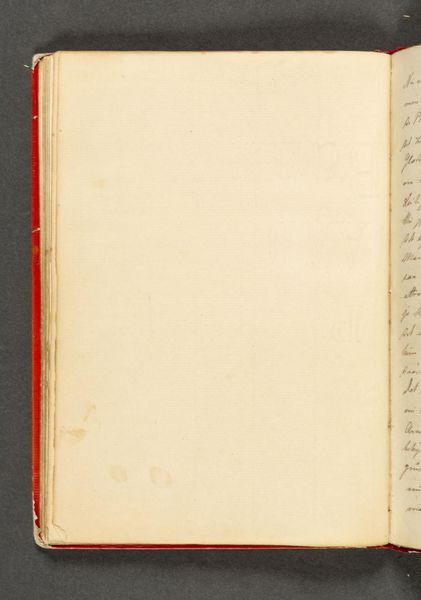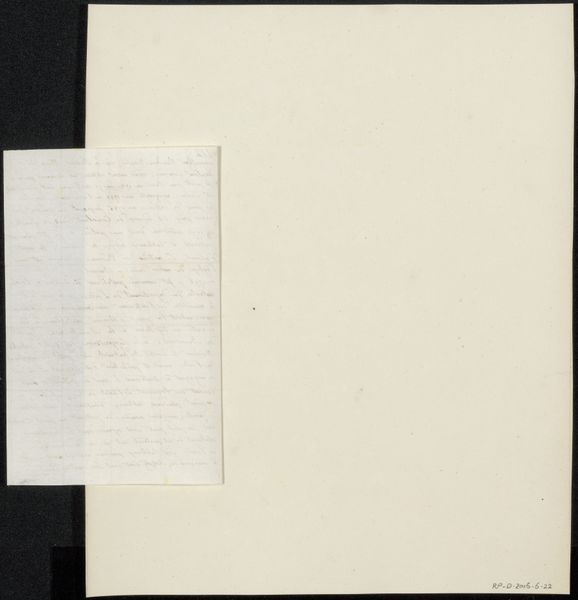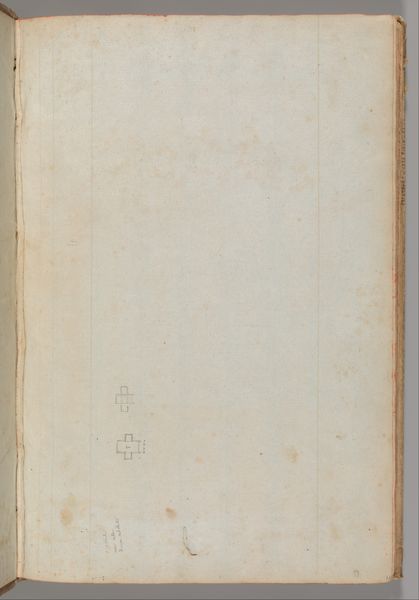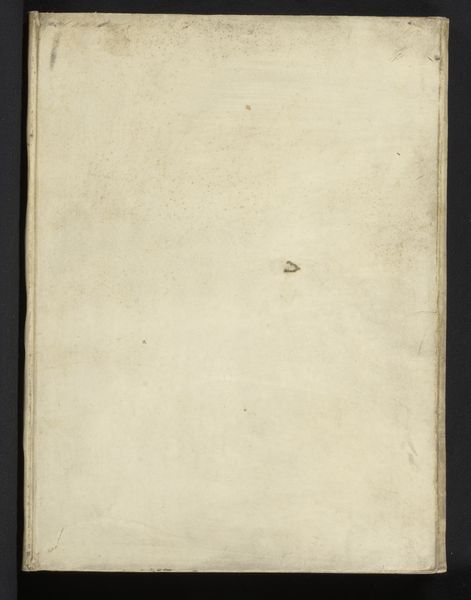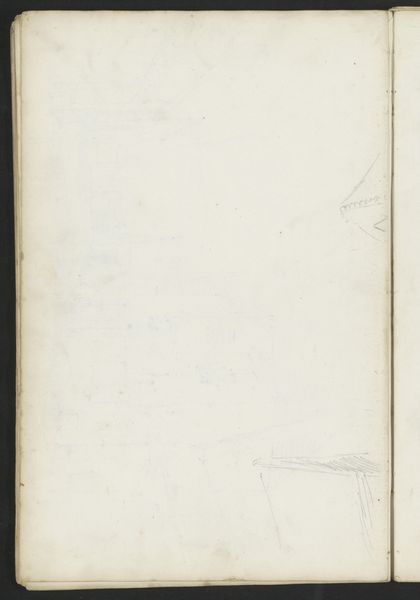
drawing, paper, watercolor
#
drawing
#
landscape
#
paper
#
watercolor
#
romanticism
Dimensions: 17.8 x 10.8 cm (7 x 4 1/4 in.), irregularly trimmed
Copyright: Public Domain
William Henry Fox Talbot made this photogenic drawing of Tussilago Farfara, or Coltsfoot, sometime in the mid-19th century. This album page reflects the Victorian interest in natural history, but also the institutional history of photography itself. Talbot was one of the key figures in the invention of photography. His photogenic drawings, like this one, were made by placing objects directly onto light-sensitive paper. The resulting images were direct records of the physical world, yet they were also shaped by the aesthetic and scientific conventions of the time. Photography was immediately taken up by scientists and artists alike. As photography became more widespread it also became associated with different social classes. For the wealthy, the photograph became a way to capture the beauty of the natural world for scientific study and artistic appreciation. The historian can connect this image to its context through an understanding of the cultural institutions and historical events that have shaped the meaning of photography as a technology and as an art.
Comments
No comments
Be the first to comment and join the conversation on the ultimate creative platform.
